Electrical failures in commercial buildings can be costly, disruptive, and dangerous. Whether it’s a power outage, faulty wiring, or malfunctioning equipment, these issues can cause significant downtime, damage to property, and even pose serious safety risks. Preventing electrical failures is essential for keeping your business running smoothly and maintaining a safe working environment. This article explores practical steps to prevent costly electrical failures in your commercial building.
1. Schedule Regular Electrical Inspections
One of the most effective ways to prevent electrical failures is through regular inspections by a professional commercial electrician. These inspections help identify potential problems before they escalate into major issues. A trained electrician can examine your wiring, electrical panels, and circuit breakers to ensure they are in good condition and operating as expected.
Regular inspections also ensure that your electrical system complies with safety regulations and standards. It’s advisable to schedule an inspection at least once a year, though more frequent checks may be necessary depending on the size and complexity of your system.
2. Upgrade Outdated Electrical Equipment
As technology advances, so do electrical systems. Older electrical equipment, such as wiring, circuit breakers, and panels, may not be equipped to handle the demands of modern commercial buildings. These outdated systems are prone to failures, overloads, and inefficiency.
Upgrading your electrical infrastructure is a proactive step in preventing electrical failures. Replacing old wiring, installing modern circuit breakers, and upgrading electrical panels can help ensure that your building’s electrical system can handle the power needs of your business. This also improves energy efficiency, potentially lowering utility bills.
3. Implement Preventive Maintenance Plans
Preventive maintenance is a key strategy in avoiding electrical failures. By regularly servicing and maintaining your electrical components, you can spot early signs of wear and tear and address them before they cause significant issues. Preventive maintenance should include tasks like tightening loose connections, cleaning electrical panels, and replacing worn-out parts.
A well-structured preventive maintenance plan ensures that your electrical system operates at peak efficiency and reduces the likelihood of unexpected breakdowns. A commercial electrician can create a tailored maintenance schedule that suits the specific needs of your business.
4. Monitor and Manage Electrical Loads
Overloading your electrical system is a common cause of electrical failures. When circuits are overloaded, they can overheat, leading to equipment damage, fire hazards, or even complete system failure. Proper load management is essential to prevent these issues.
Regularly monitor the electrical load in your commercial building to ensure that it remains within the safe operating limits. This includes being mindful of high-demand equipment, such as HVAC systems, computers, and machinery. If your building is experiencing increased electrical load, consider upgrading your system to accommodate the higher demand and prevent potential overloads.
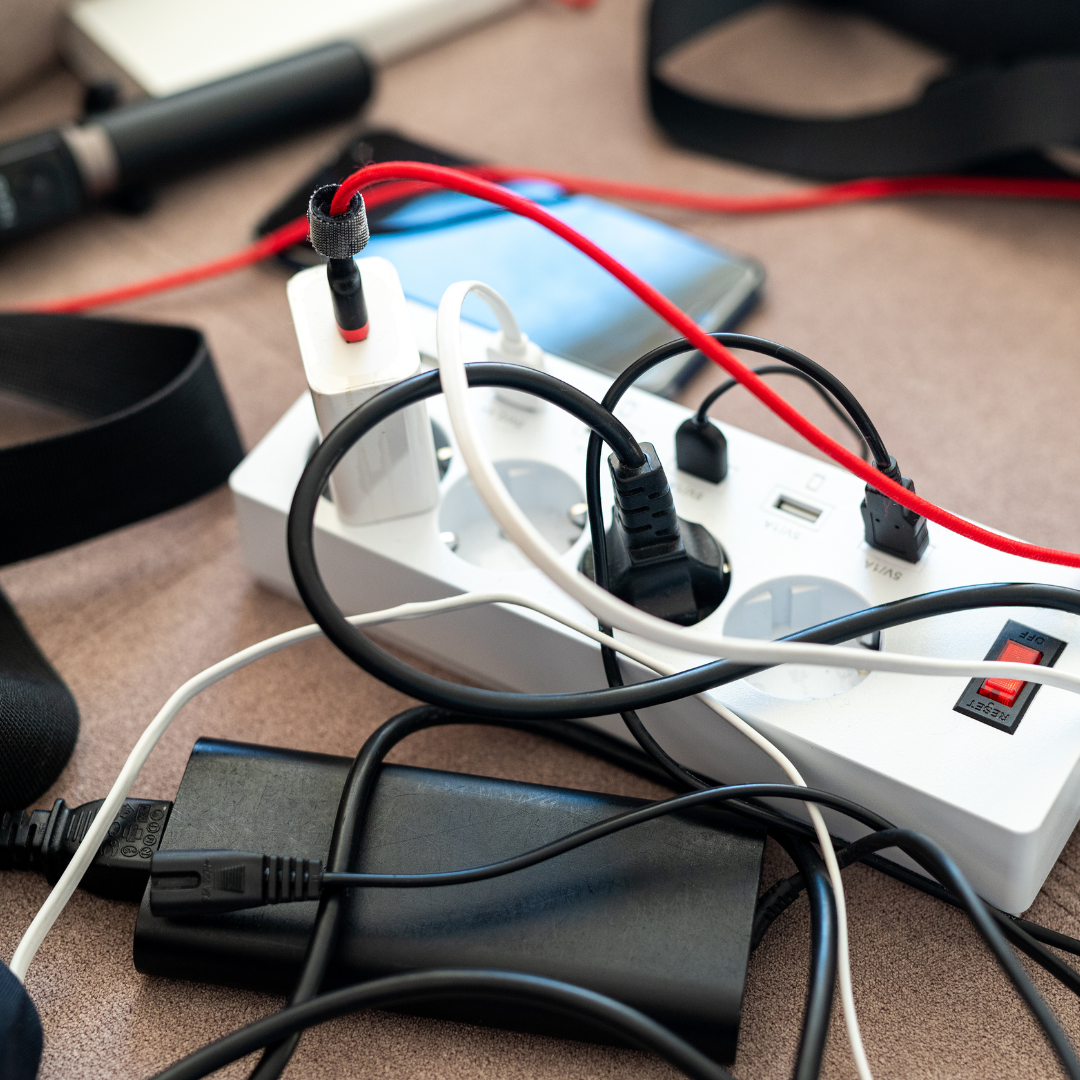
5. Invest in Surge Protection
Power surges, often caused by lightning strikes, faulty wiring, or grid fluctuations, can cause significant damage to electrical systems and equipment. Investing in surge protection devices (SPDs) can protect your commercial electrical system from these disruptions.
Surge protectors help divert excess voltage away from sensitive equipment, preventing costly damage. Installing surge protectors at key points in your electrical system, such as at the main panel and near high-value equipment, can safeguard your business from the damaging effects of electrical surges.
6. Train Staff on Electrical Safety Procedures
Employee education plays a vital role in preventing electrical failures and accidents. Training your staff to recognise electrical hazards, such as exposed wires, faulty outlets, or signs of overheating, can help identify potential problems before they lead to system failures. Employees should also be taught proper procedures for using electrical equipment, such as not overloading circuits and turning off equipment when not in use.
Encouraging a culture of electrical safety can prevent accidents, reduce the risk of electrical fires, and minimise the chance of electrical failures caused by human error.
7. Respond Quickly to Warning Signs
In many cases, electrical failures show warning signs before they escalate into major issues. Flickering lights, buzzing sounds, tripped circuit breakers, or unusual smells are all indicators that something may be wrong with your electrical system. If you notice any of these warning signs, contact a commercial electrician immediately to investigate and resolve the problem.
Addressing these issues early on can prevent expensive repairs and ensure that your building’s electrical system continues to operate reliably.
Conclusion
Preventing electrical failures in your commercial building requires a combination of proactive maintenance, regular inspections, and smart upgrades. By scheduling regular inspections, upgrading outdated equipment, implementing preventive maintenance, managing electrical loads, investing in surge protection, training staff on safety, and responding to warning signs, you can significantly reduce the risk of costly electrical failures.
Investing in the health of your electrical system not only helps avoid expensive repairs but also ensures the safety and productivity of your business. A reliable electrical system is essential to the smooth operation of any commercial building, so it’s crucial to take steps now to safeguard it against potential failures.


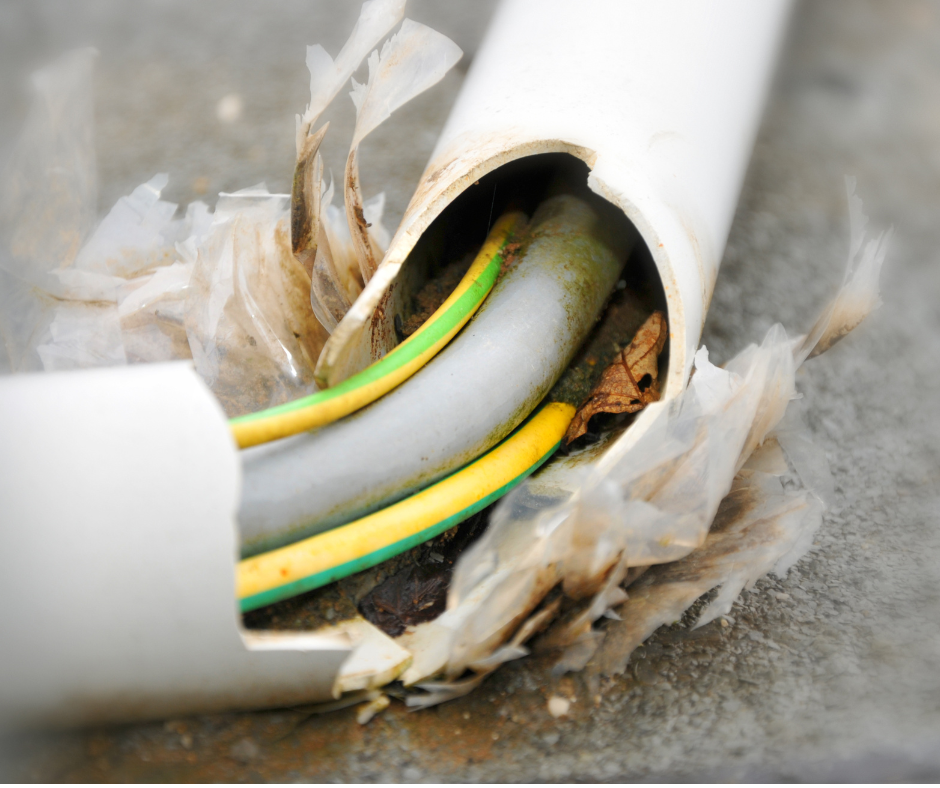
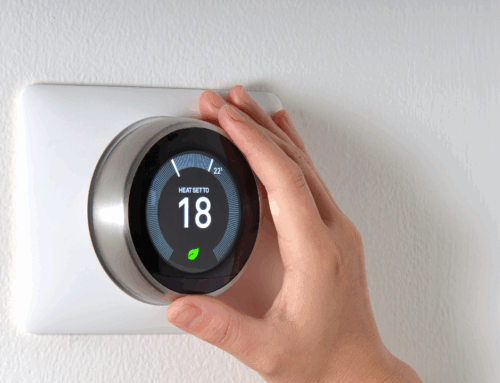
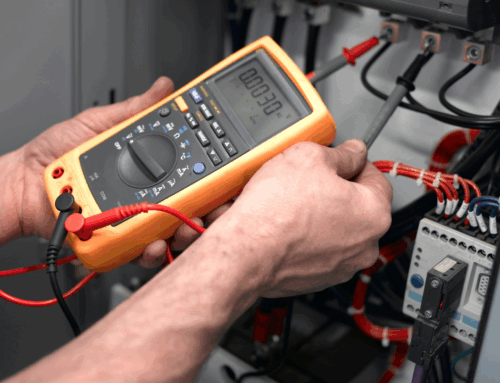
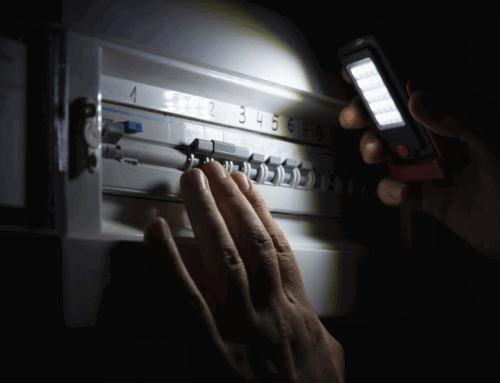
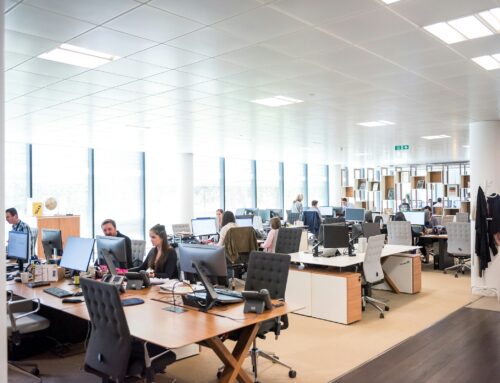
Leave A Comment